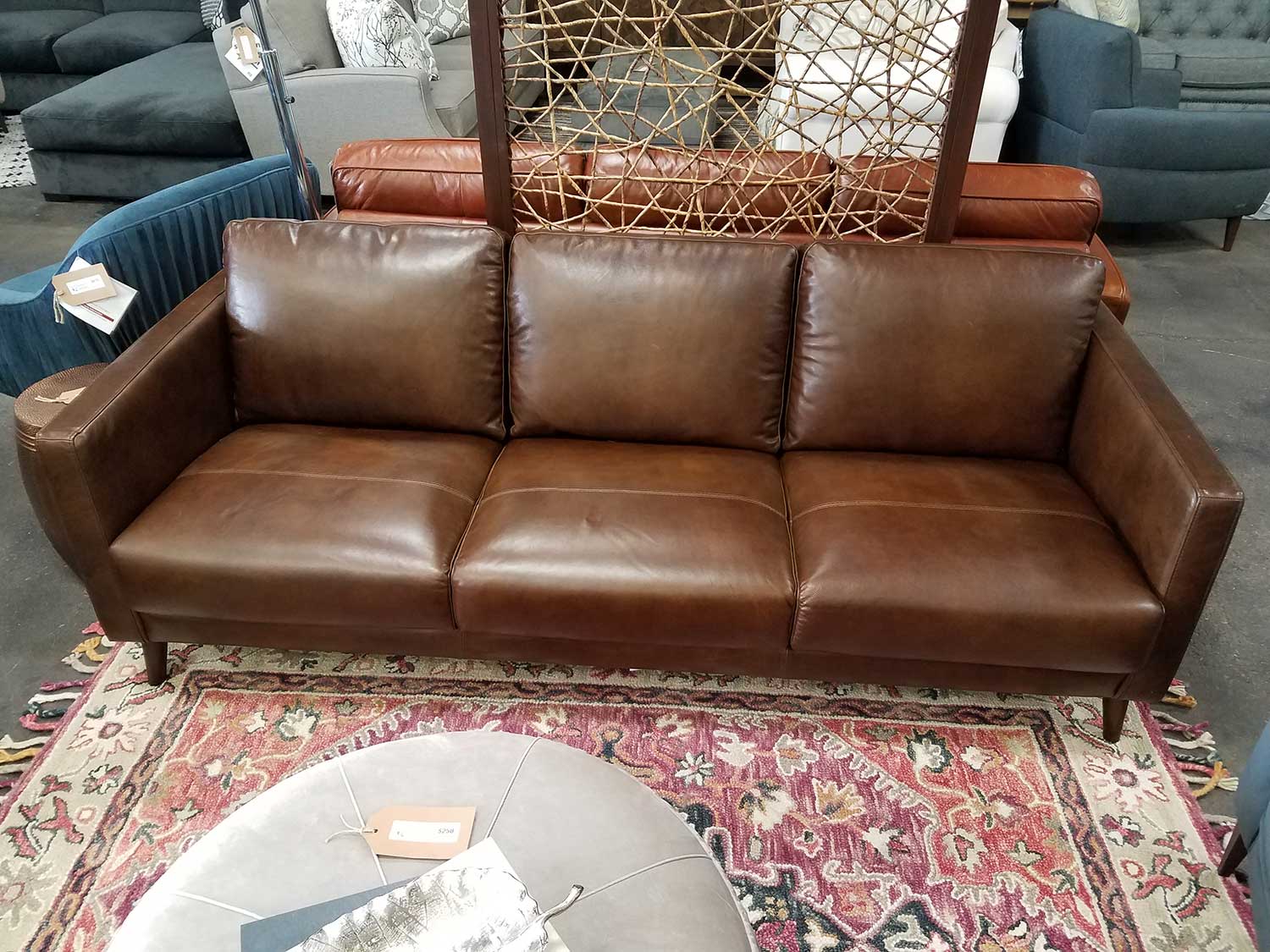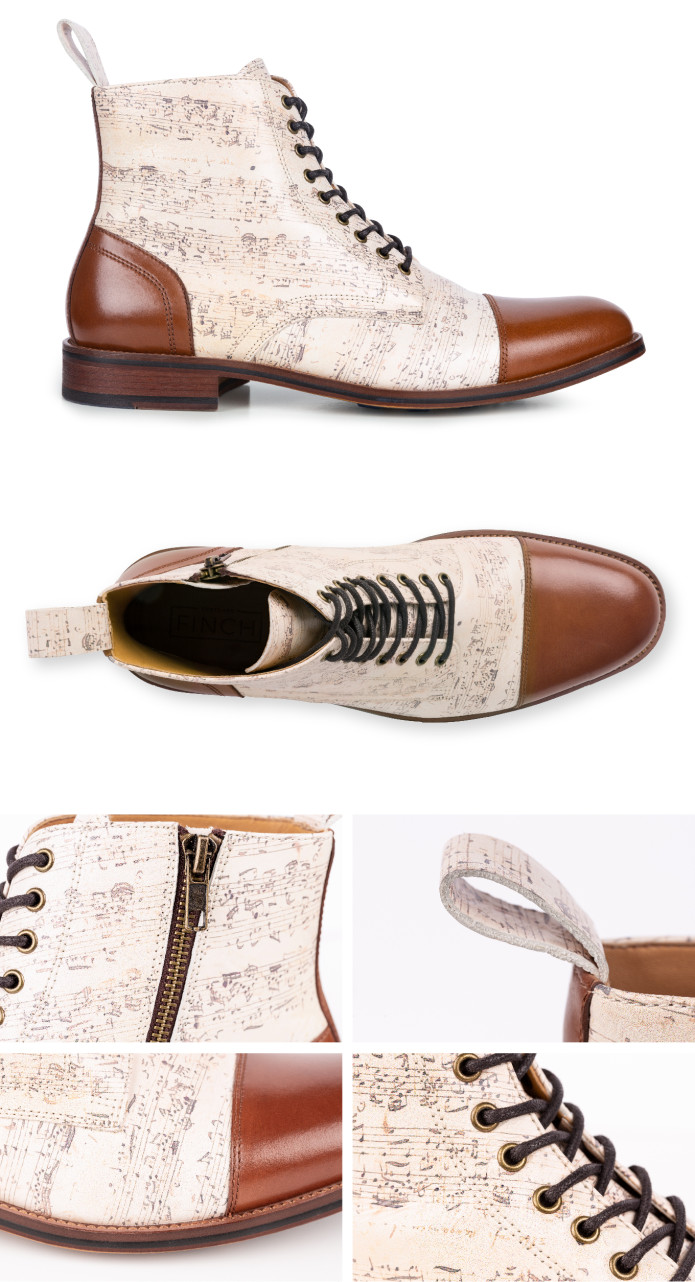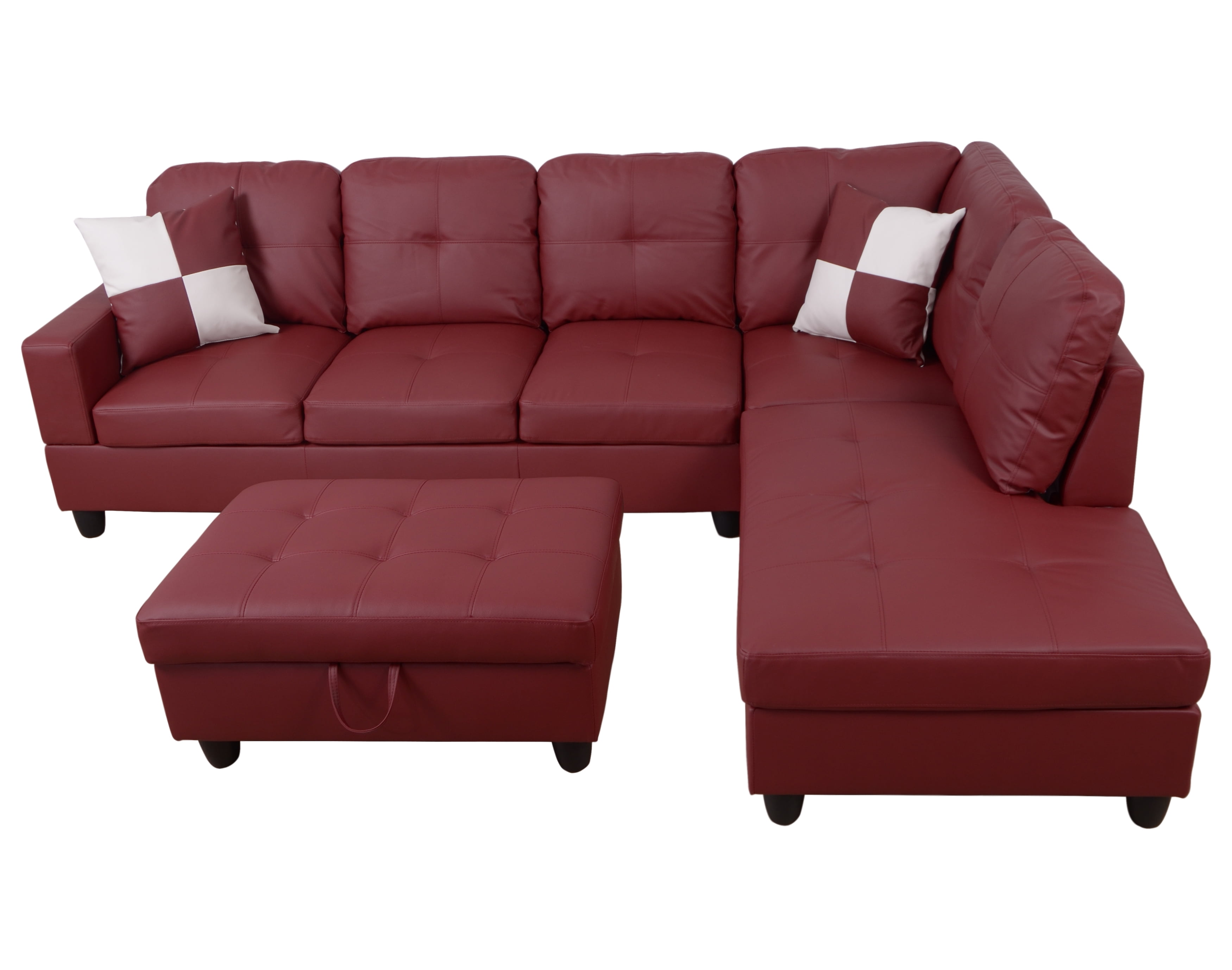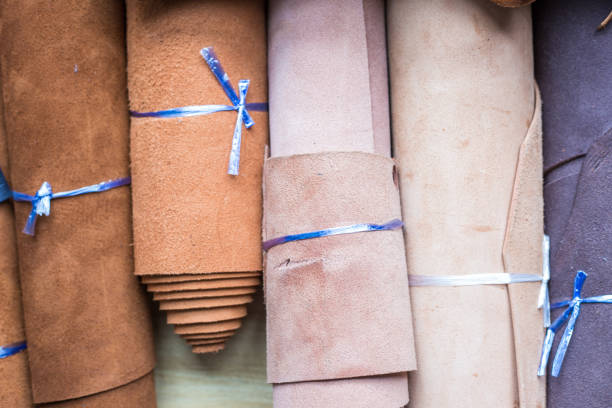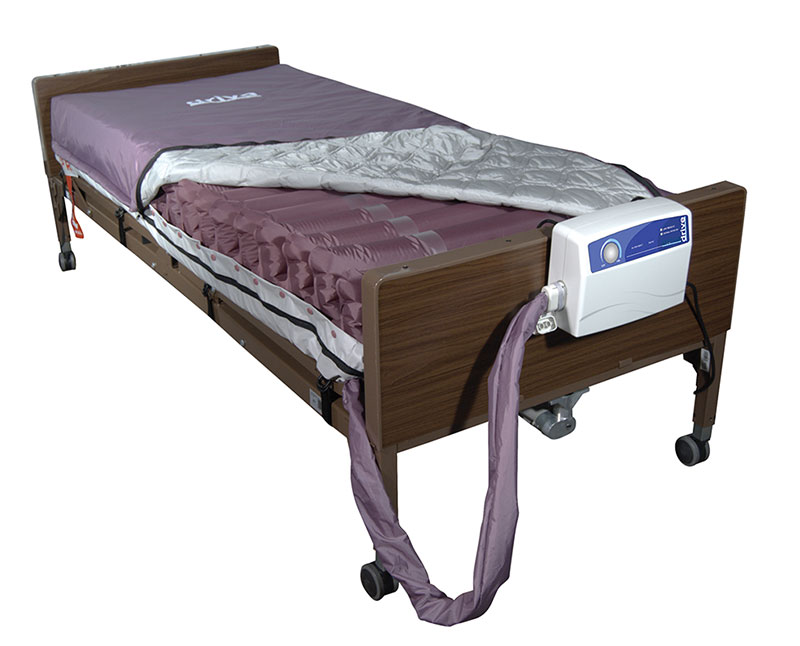Faux leather sofas have become increasingly popular in recent years, with many people opting for this synthetic material over genuine leather. But is it really a good choice for your home? In this article, we will delve into the pros and cons of faux leather sofas to help you decide if it's the right option for you.Faux Leather Sofa: Good or Bad?
First, let's take a look at the advantages of choosing a faux leather sofa. One of the main benefits is cost - faux leather is significantly cheaper than genuine leather, making it a more affordable option for those on a budget. Additionally, faux leather is easier to clean and maintain, as it is less prone to stains and scratches. However, there are also some drawbacks to consider. Faux leather is not as durable as genuine leather and may start to peel or crack over time. It also lacks the natural texture and scent of real leather, which some people may find less appealing.Pros and Cons of Faux Leather Sofas
Choosing between faux leather and genuine leather ultimately comes down to personal preference and budget. If you are looking for a more affordable and low-maintenance option, then faux leather may be a good choice for your sofa. However, if you want a high-quality, long-lasting piece of furniture, then genuine leather may be worth the investment.Is Faux Leather a Good Choice for Your Sofa?
When it comes to sofas, both faux leather and genuine leather have their own set of advantages and disadvantages. Faux leather may be more budget-friendly and easier to clean, but genuine leather offers a more luxurious and durable option. It all depends on your individual needs and preferences.Faux Leather vs. Genuine Leather: Which is Better for Sofas?
There is often confusion surrounding faux leather and what it actually is. Essentially, faux leather is a synthetic material made to mimic the look and feel of real leather. It is often made from a combination of plastic and fabric, giving it a similar appearance to genuine leather. However, it is important to note that faux leather is not as durable or long-lasting as the real thing.The Truth About Faux Leather Sofas
Despite its limitations, faux leather has become a popular choice for sofas in recent years. This is due to a combination of factors, including its affordability, easy maintenance, and wide range of styles and colors available. Faux leather also offers a vegan and cruelty-free alternative to genuine leather, which may be important to some consumers.Why Faux Leather Sofas Are a Popular Choice
If you're considering purchasing a faux leather sofa, it's always a good idea to read reviews from other customers. While experiences may vary, overall, faux leather sofas tend to receive positive reviews for their affordability and easy maintenance. However, some may also mention issues with durability and peeling over time.Faux Leather Sofa Reviews: Good or Bad?
To ensure your faux leather sofa lasts as long as possible, it's important to properly care for it. This includes regularly wiping down the surface with a damp cloth and using a mild soap for tougher stains. Avoid using harsh chemicals or abrasive cleaners, as these can damage the material. It's also a good idea to keep your sofa out of direct sunlight to prevent fading.How to Care for Your Faux Leather Sofa
One of the biggest concerns with faux leather is its durability. While it may not hold up as well as genuine leather, with proper care, a faux leather sofa can still last for several years. However, if you're looking for a long-term investment piece, genuine leather may be a better choice.Faux Leather Sofa Durability: Is It Worth It?
Another important factor to consider when choosing between faux leather and genuine leather is the environmental impact. While faux leather may seem like a more sustainable option, it is still made from plastic, which is not biodegradable. Additionally, the production process for faux leather can also have negative effects on the environment. On the other hand, genuine leather is a by-product of the meat industry, making it a more sustainable choice. In conclusion, whether faux leather is a good or bad choice for your sofa depends on your individual needs and preferences. It offers a more affordable and easy-to-maintain option, but may not have the same longevity or luxury as genuine leather. Consider these factors carefully before making your decision and be sure to properly care for your faux leather sofa to ensure it lasts as long as possible.The Environmental Impact of Faux Leather Sofas
The Pros and Cons of Faux Leather Sofas
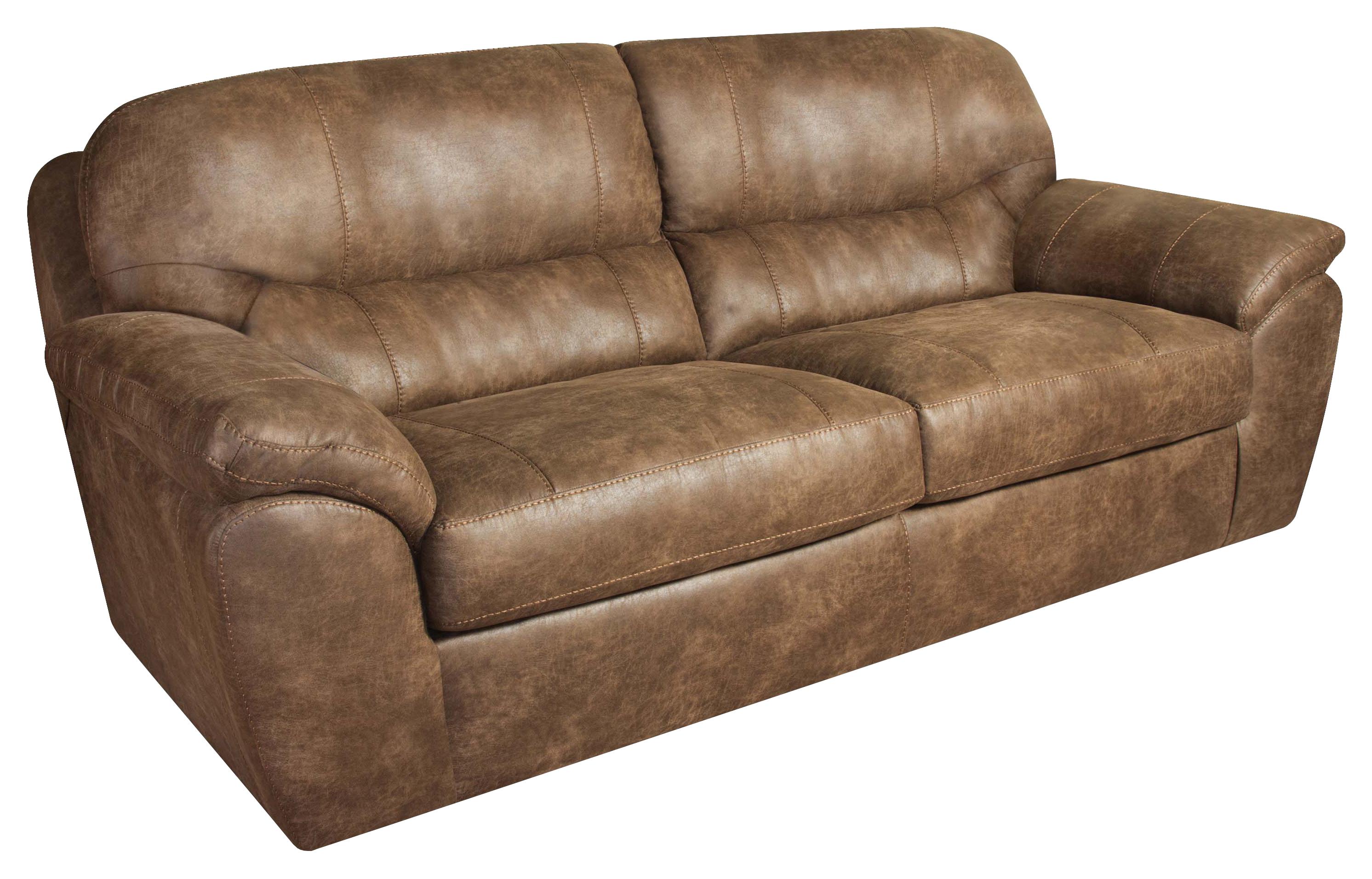
Faux leather sofas have become a popular choice for many homeowners, but there are still some debates on whether they are actually a good or bad choice for your living room. Before making a decision, it’s important to understand the pros and cons of this material and how it compares to genuine leather.
The Good
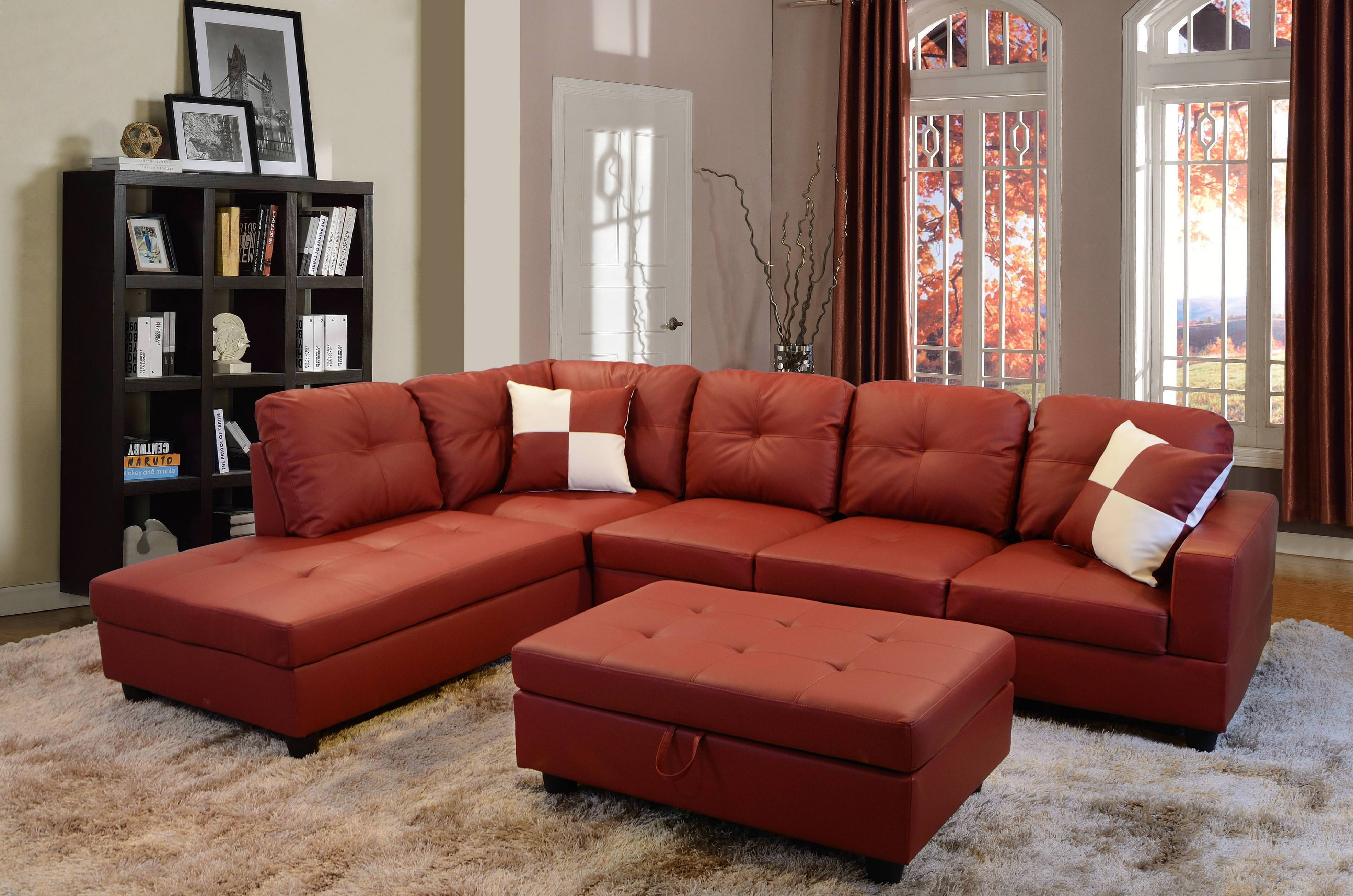
One of the main benefits of a faux leather sofa is its affordability. The cost of genuine leather can be quite steep, making it out of reach for many people. Faux leather, on the other hand, is a more budget-friendly option that can still give you the look and feel of real leather.
Another advantage is the durability of faux leather. Unlike genuine leather, which can easily scratch and tear, faux leather is more resistant to wear and tear. This makes it a great choice for households with children and pets, as it can withstand their playful antics without showing too much damage.
Faux leather is also easier to maintain compared to genuine leather. It doesn’t require any special cleaning products or treatments, making it a low-maintenance option for busy homeowners. It’s also less prone to stains and spills, making it a practical choice for those who love to entertain.
The Bad
While faux leather may have its benefits, it also has some downsides to consider. One of the main drawbacks is that it can feel less comfortable than genuine leather. Faux leather doesn’t have the same soft and supple texture as real leather, which can make it less comfortable to sit on for long periods of time.
Another disadvantage is that faux leather may not last as long as genuine leather. While it is more durable, it is still made from synthetic materials that can eventually break down and show signs of wear and tear. This means you may have to replace your faux leather sofa more frequently than a genuine leather one.
Faux leather also has a reputation for being less environmentally friendly compared to genuine leather. It is often made from petroleum-based materials and can release harmful chemicals during production. However, there are now more eco-friendly options available in the market, so be sure to do your research before making a purchase.
The Verdict
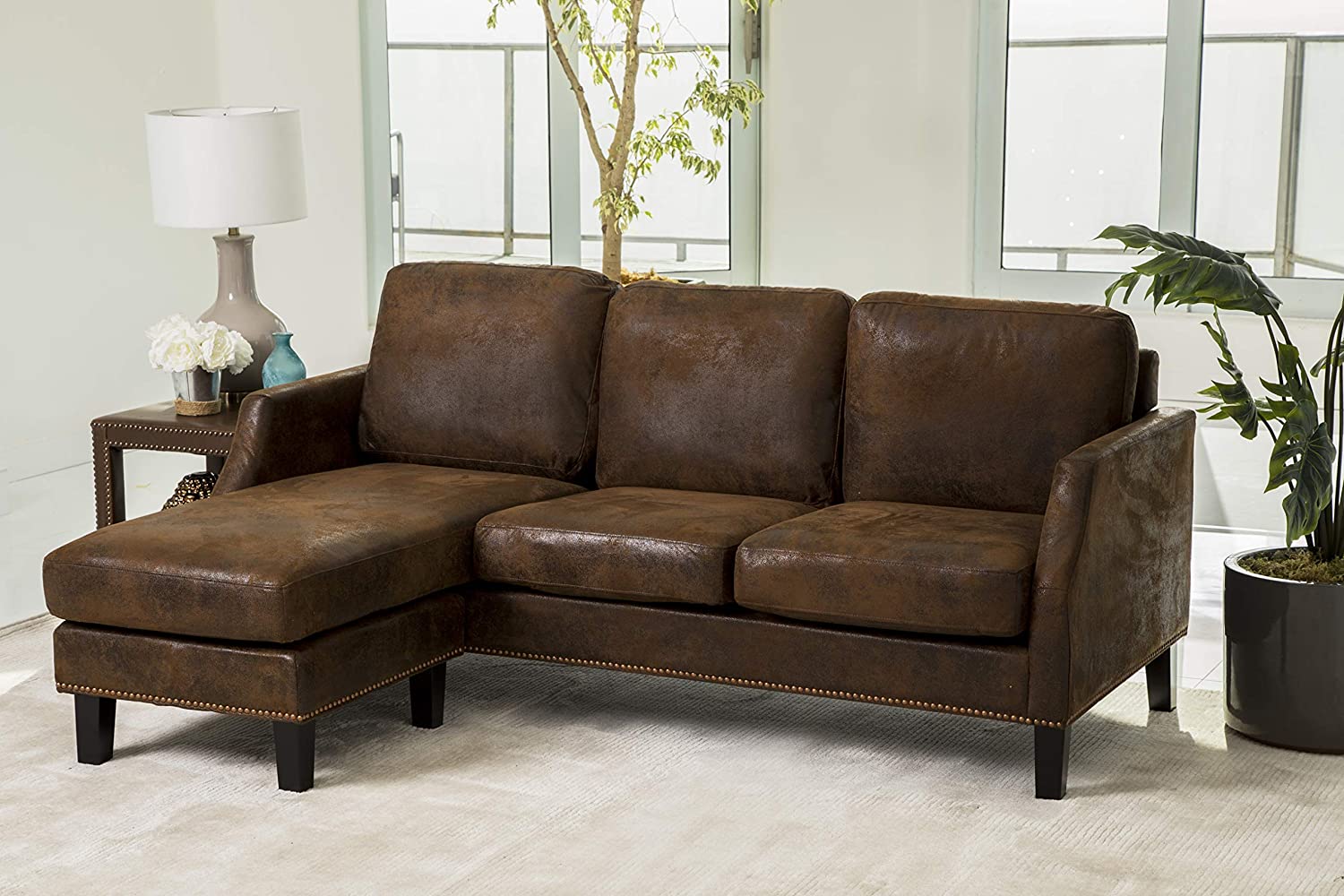
So, is a faux leather sofa good or bad? The answer is: it depends. It ultimately comes down to personal preference and your individual needs. If you are looking for an affordable and low-maintenance option, then faux leather may be the way to go. However, if you prioritize comfort and longevity, then genuine leather may be a better choice.
No matter which option you choose, it’s important to do your research and invest in a high-quality piece that will last for years to come. With the right care and maintenance, both faux leather and genuine leather sofas can be a stylish and functional addition to your living room.

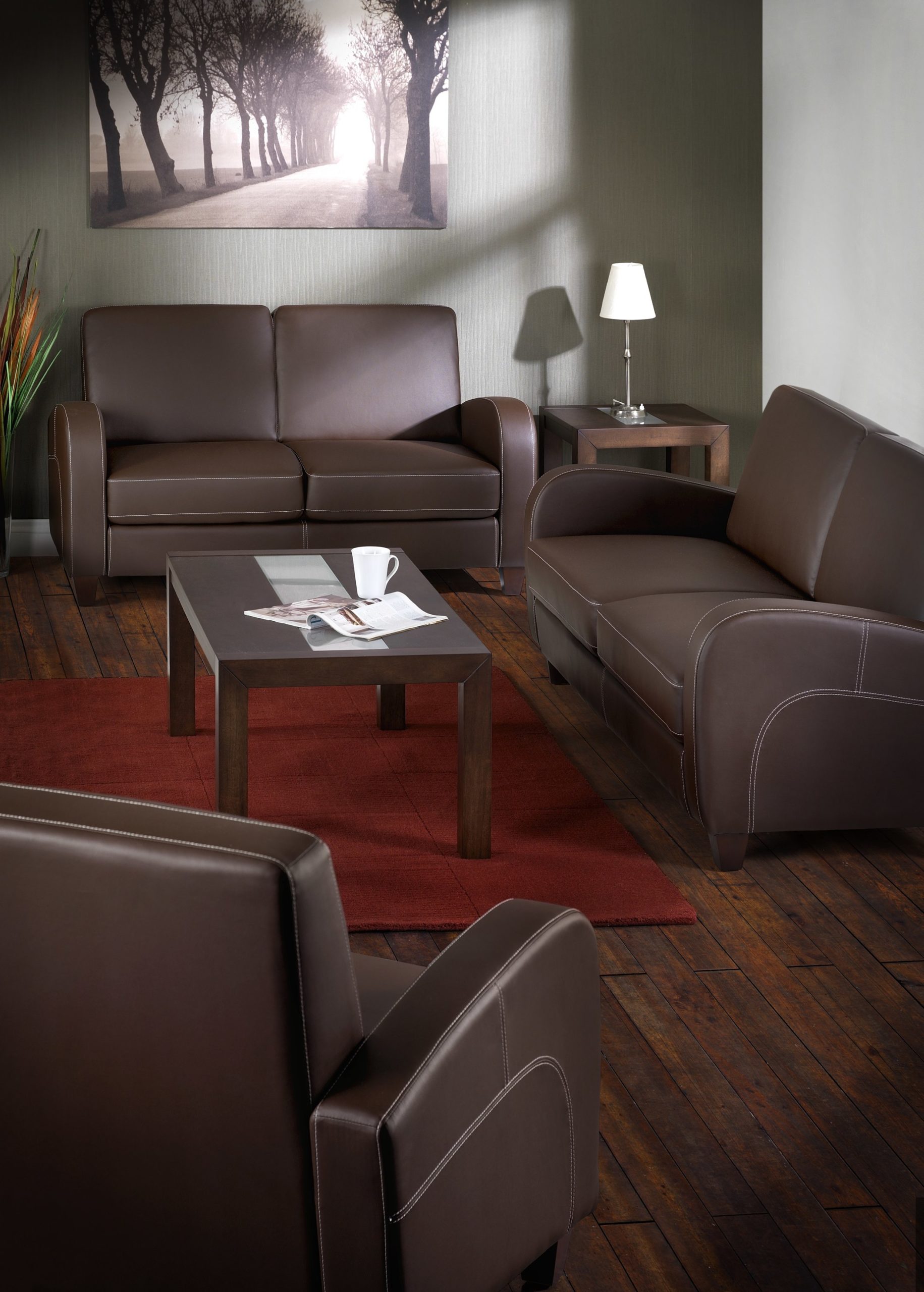


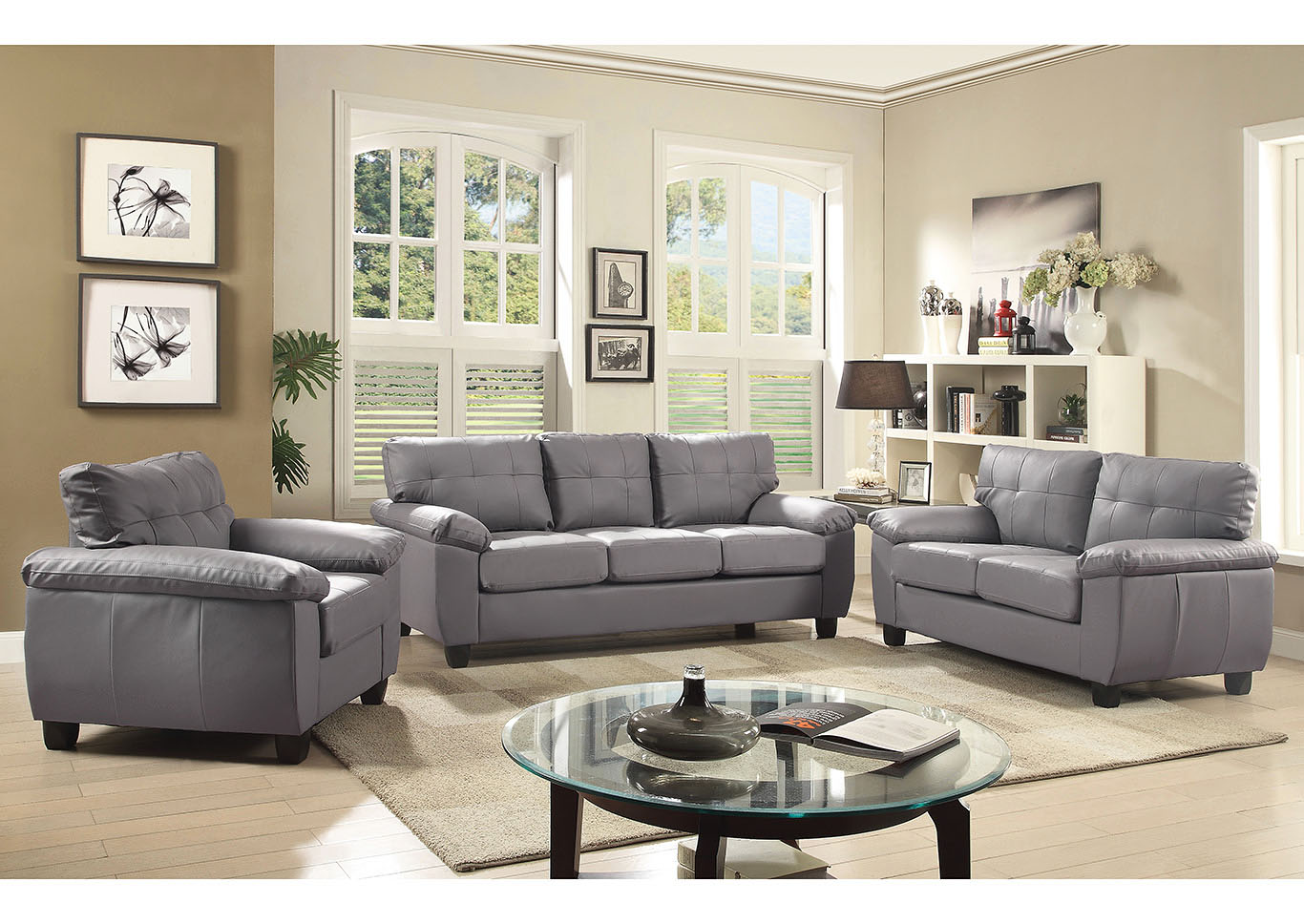






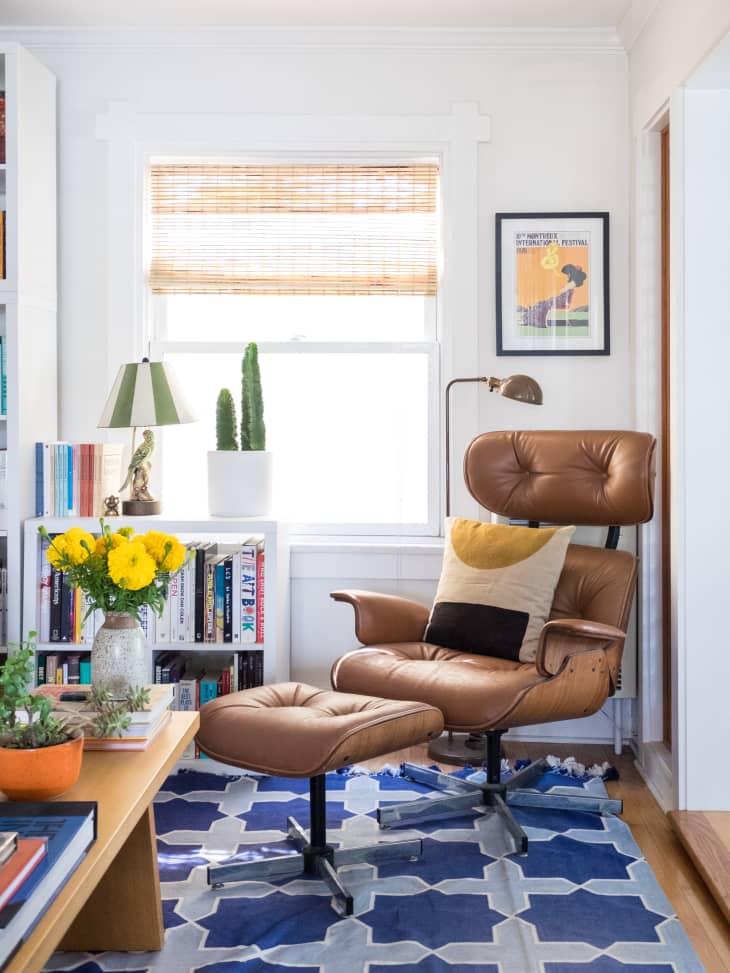

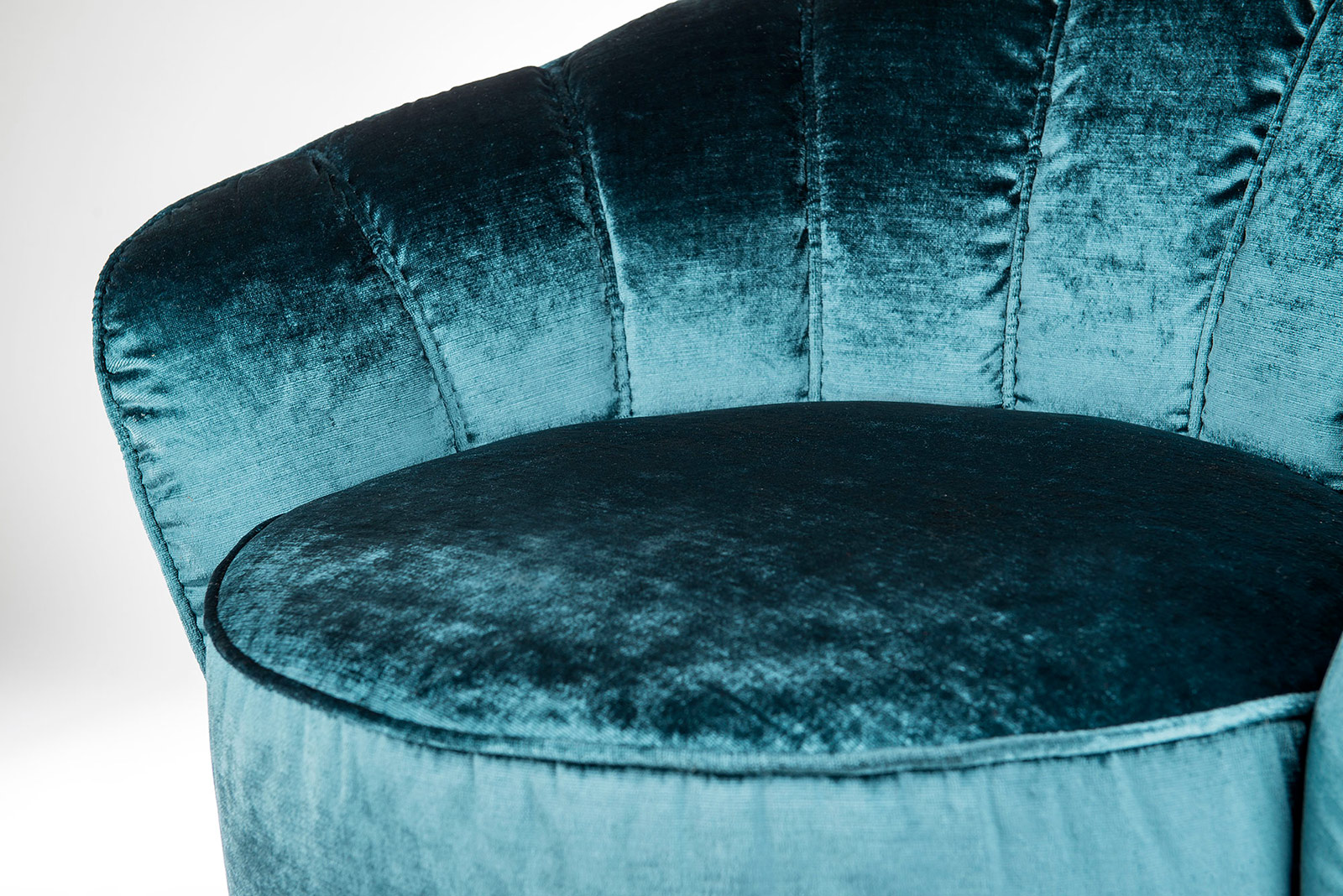

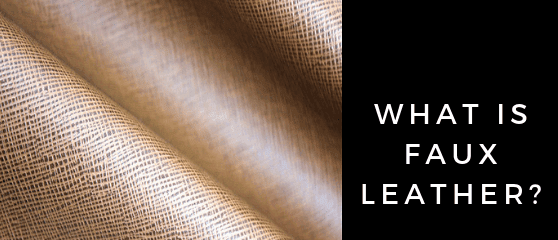

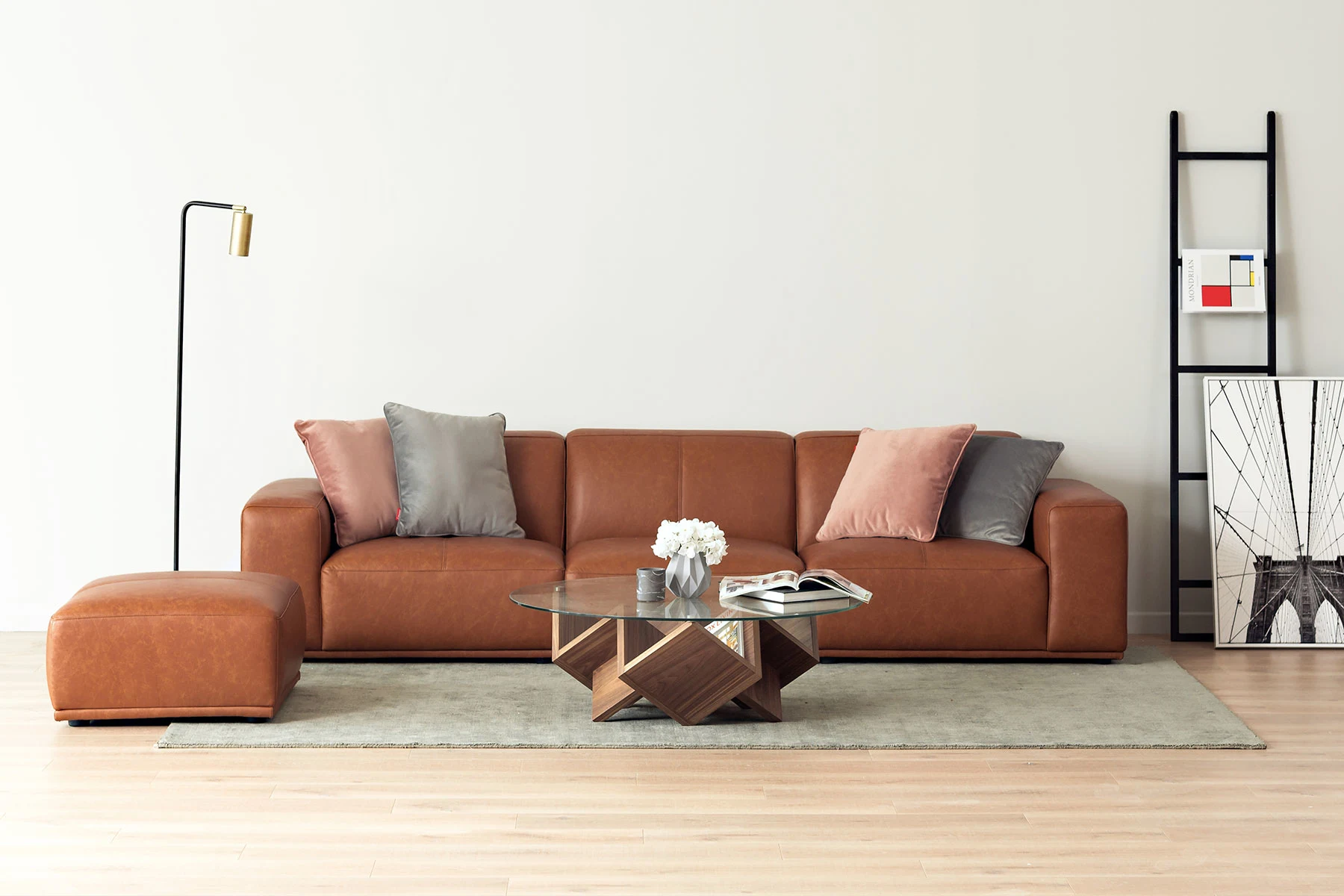




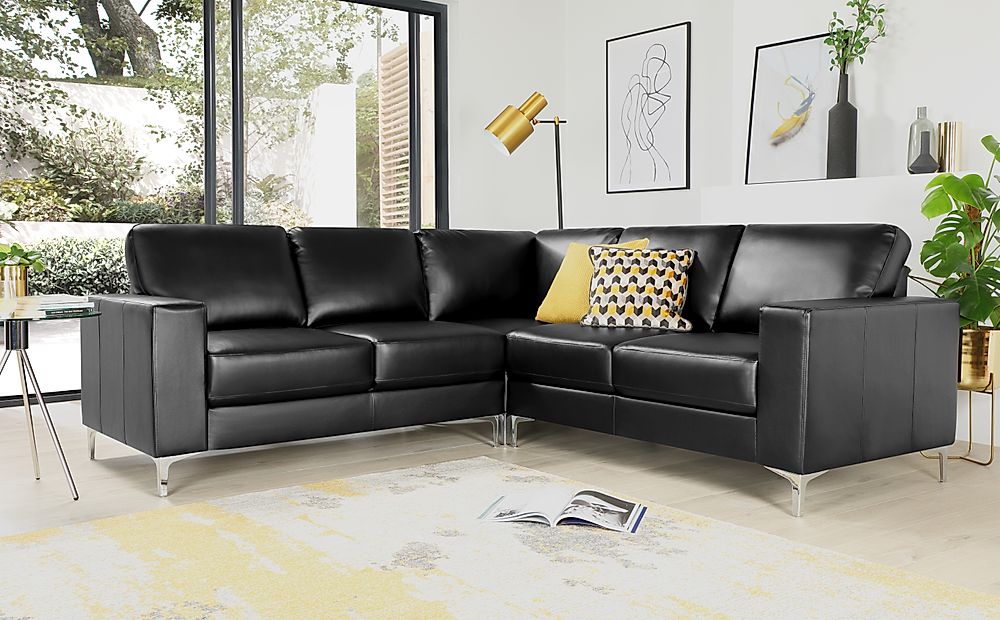

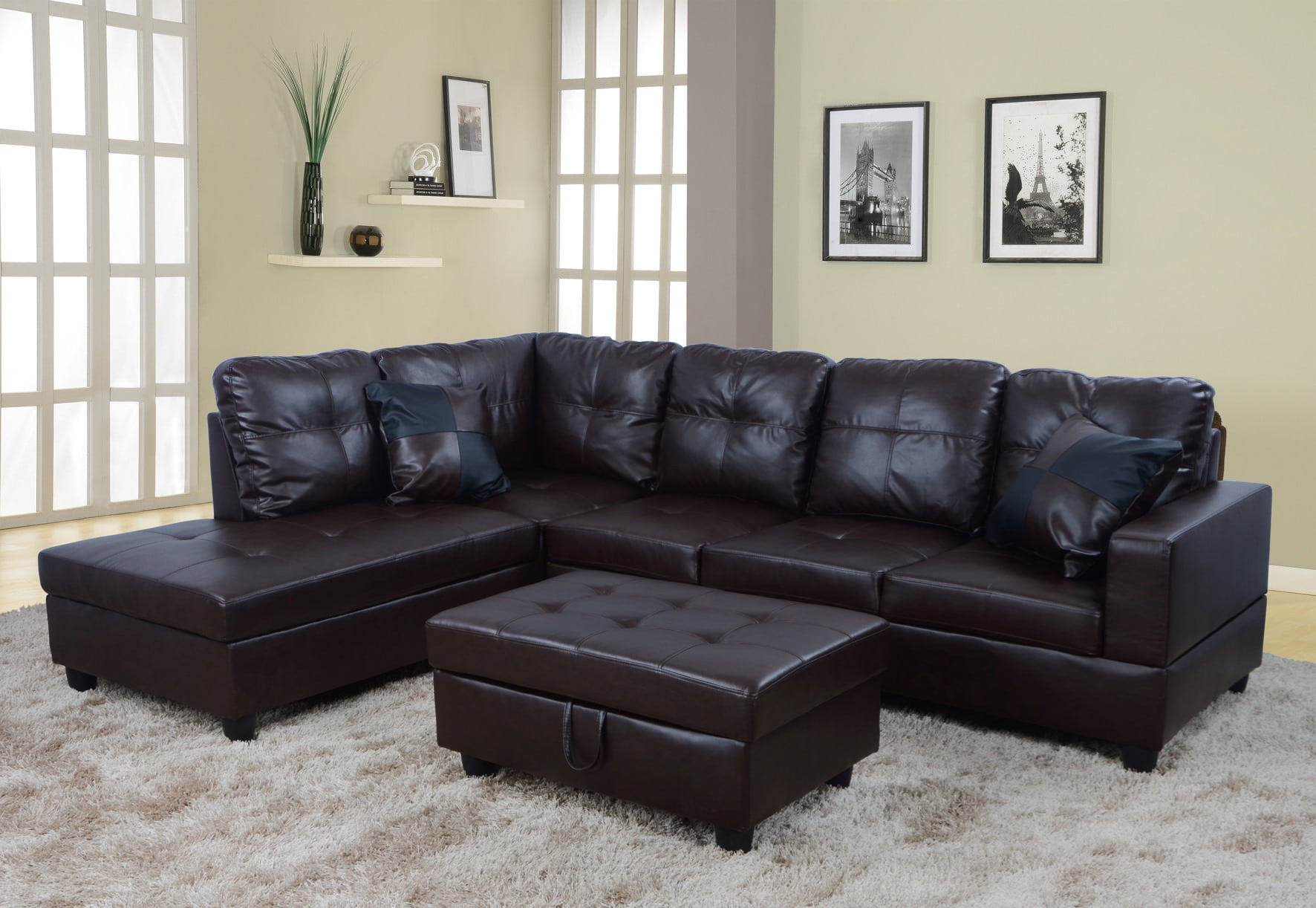
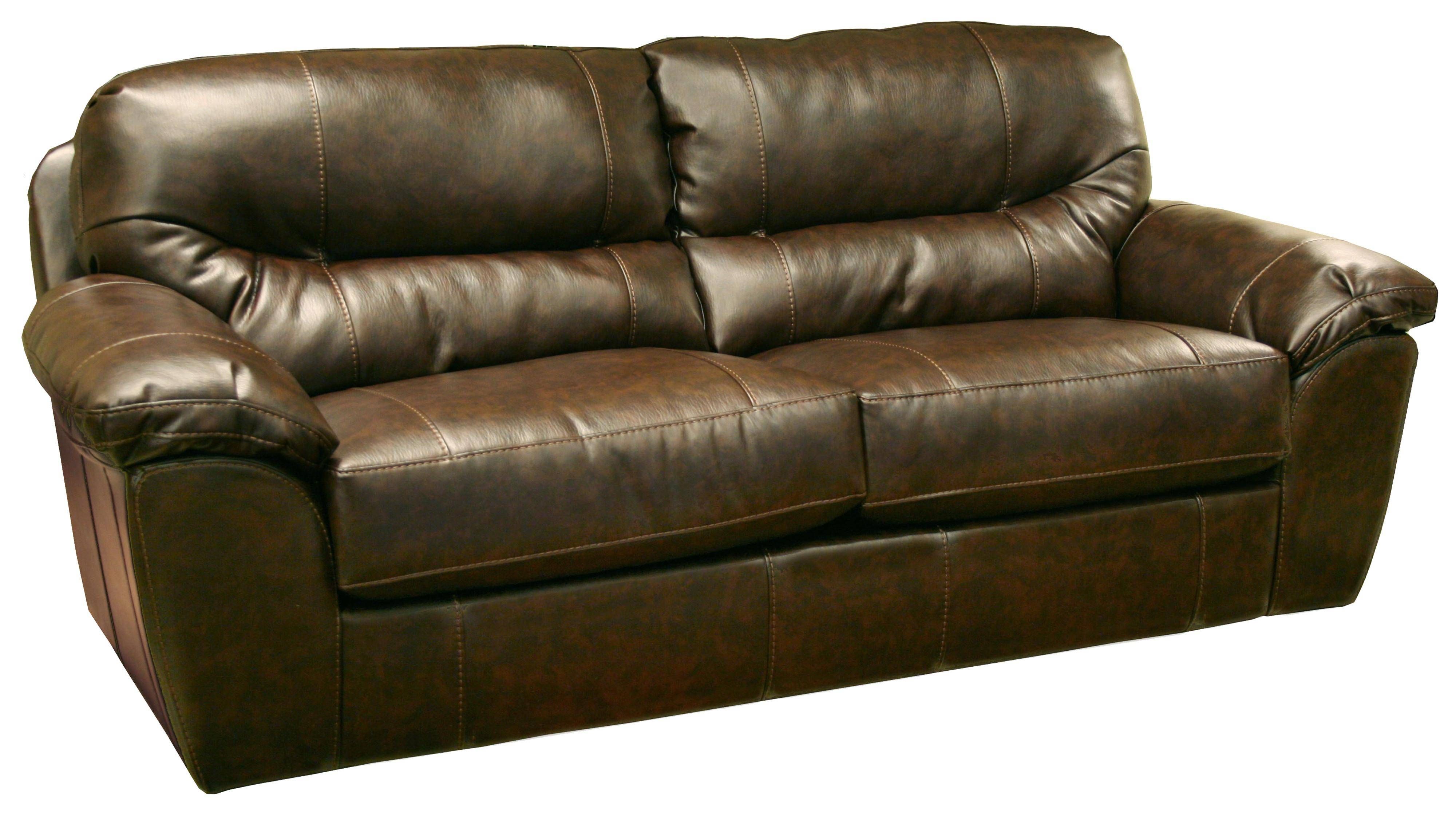
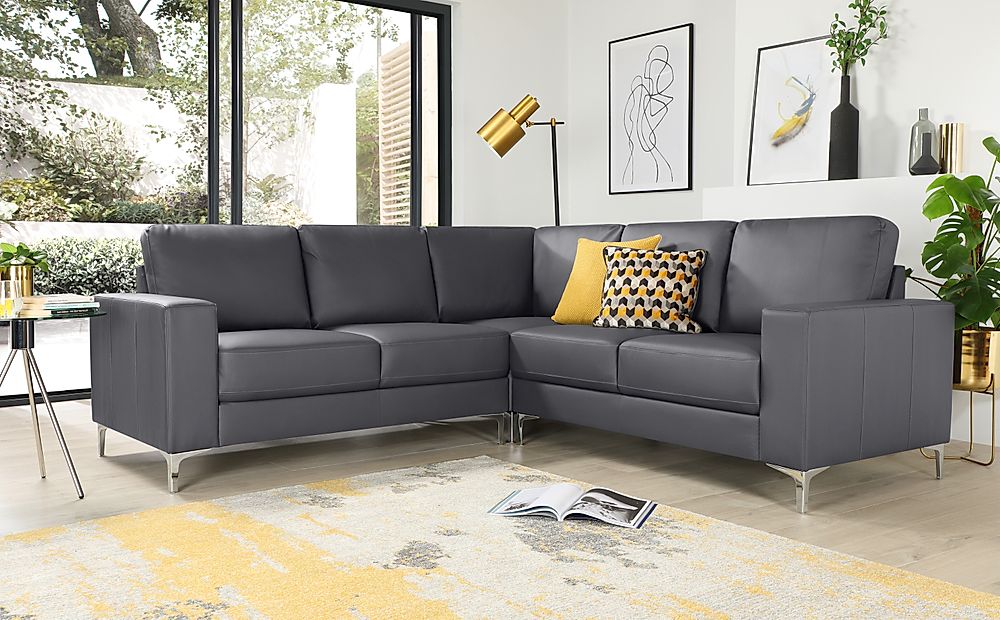

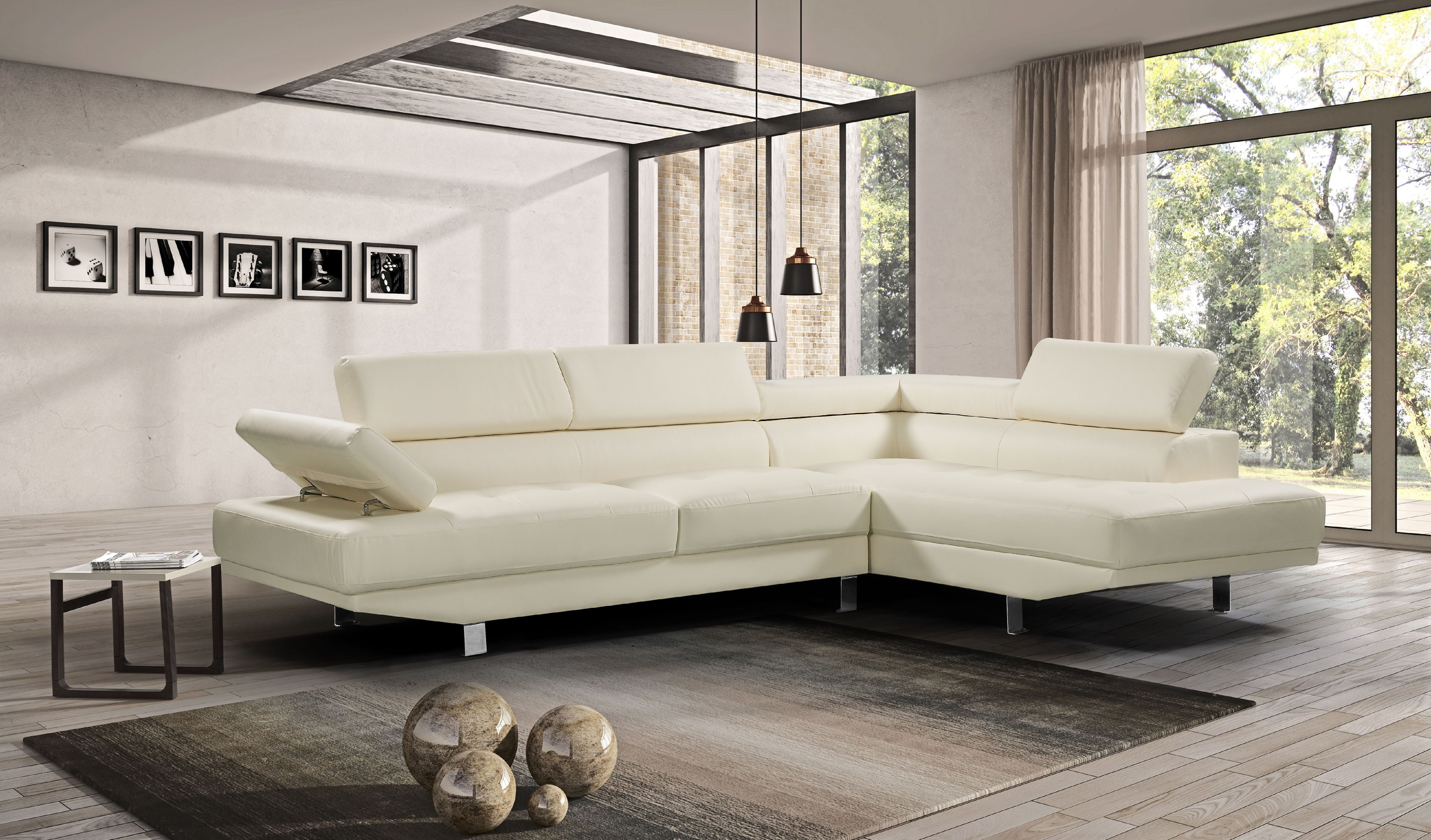
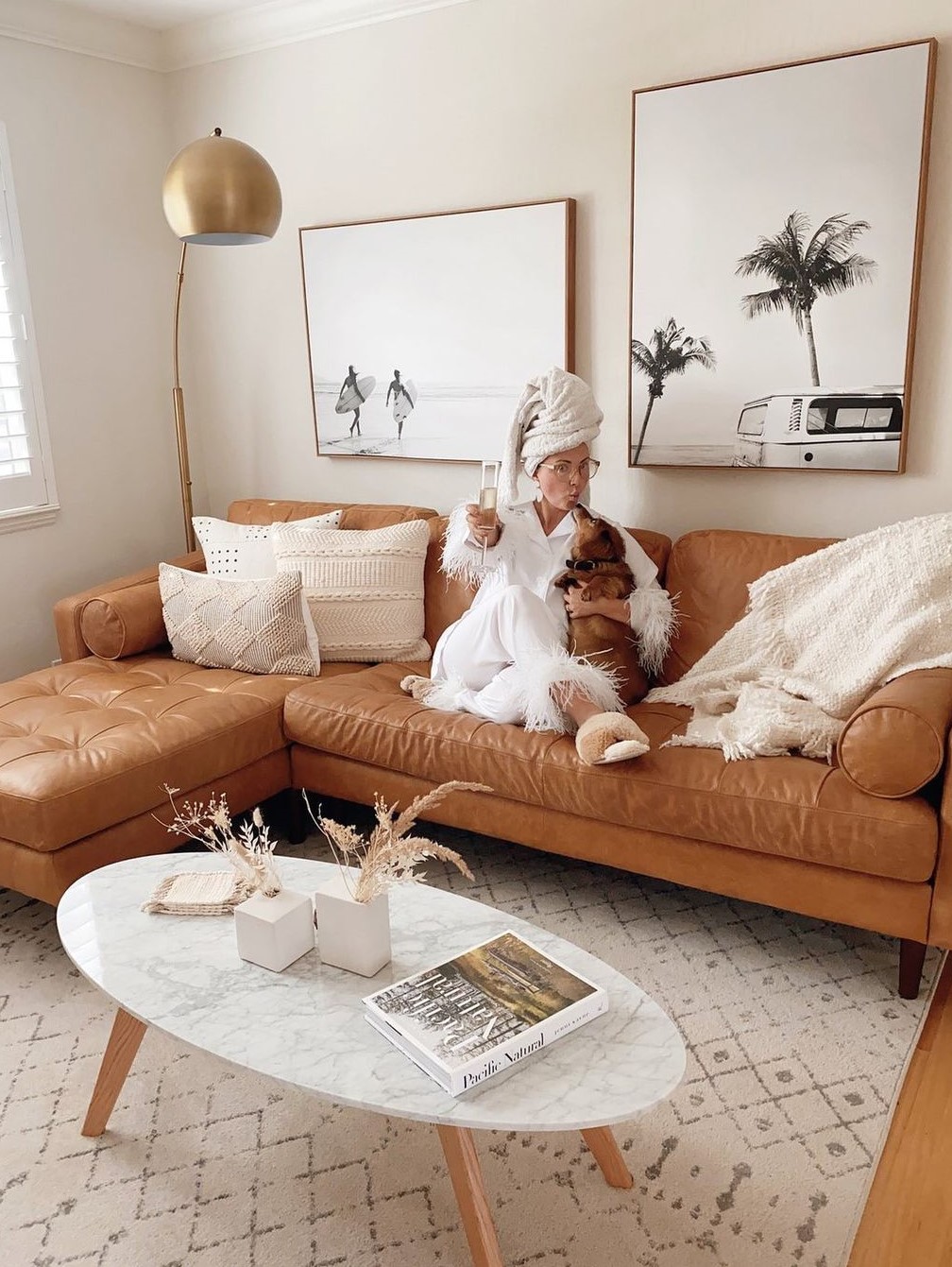
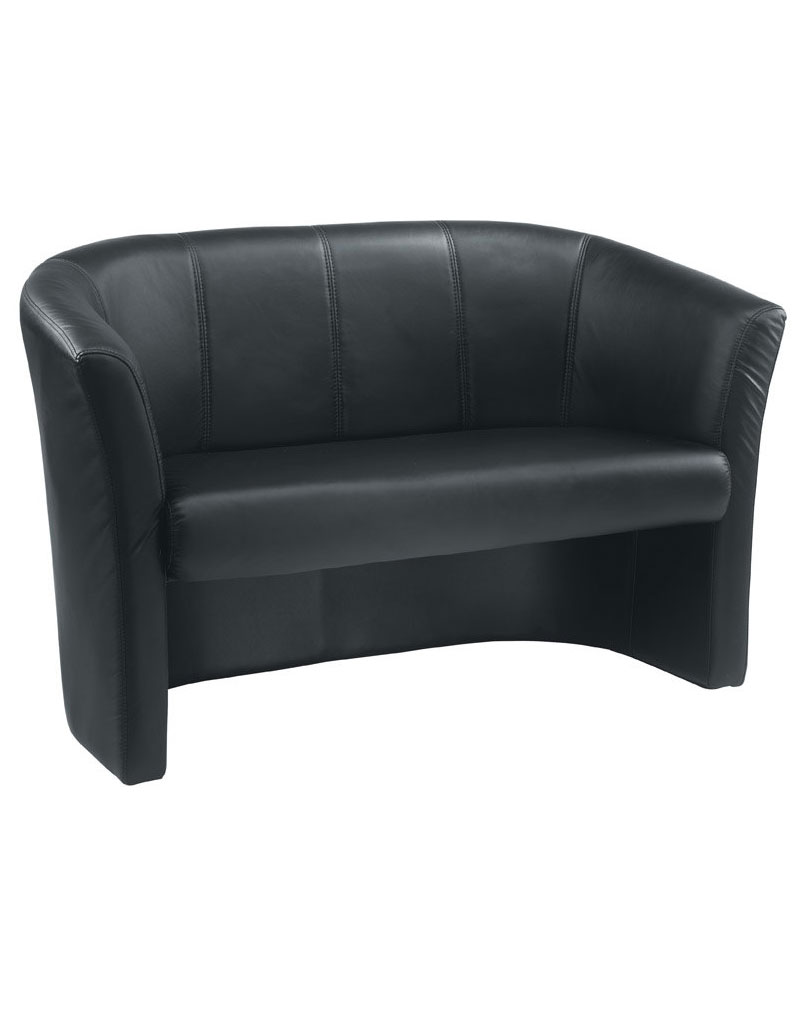
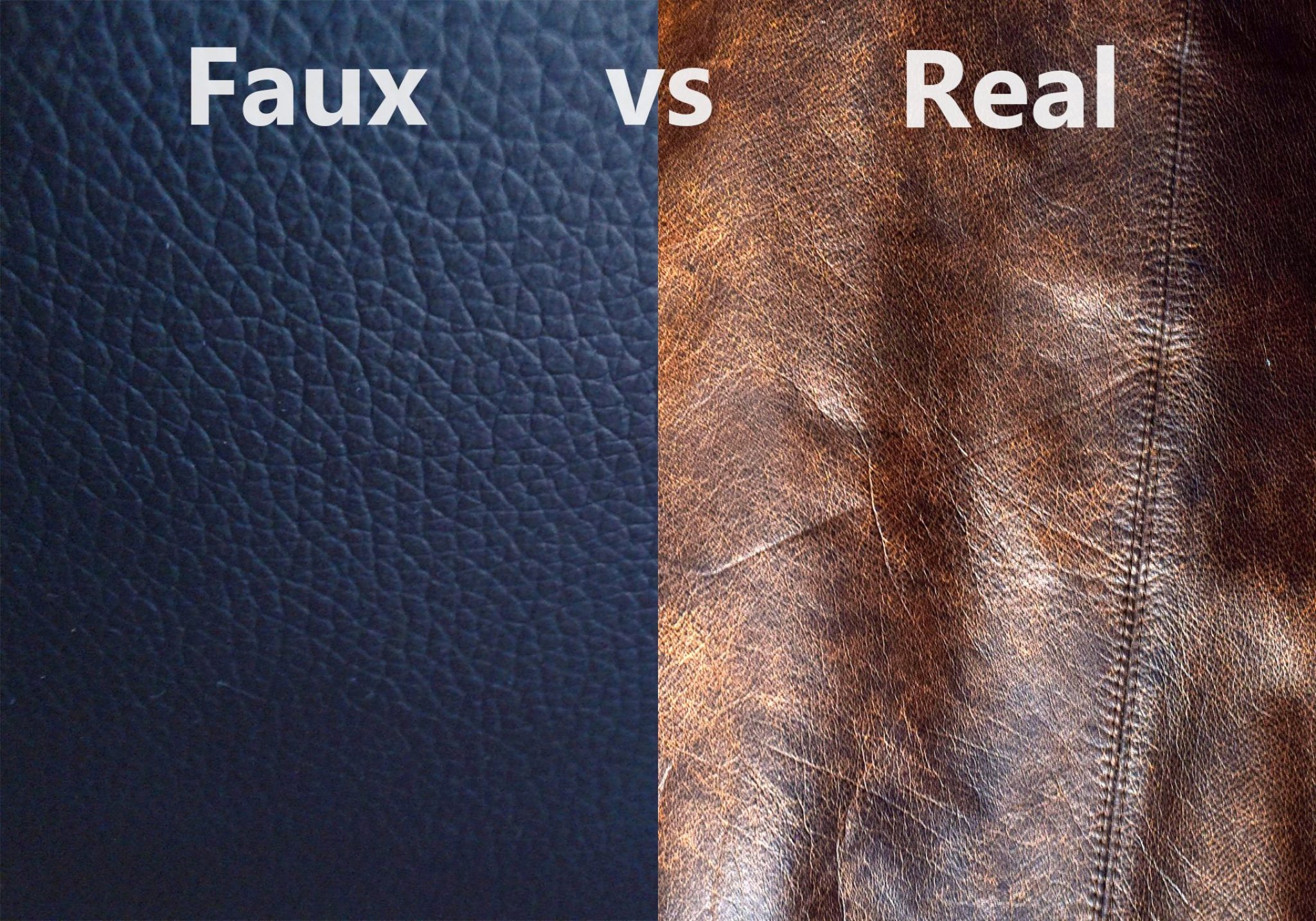
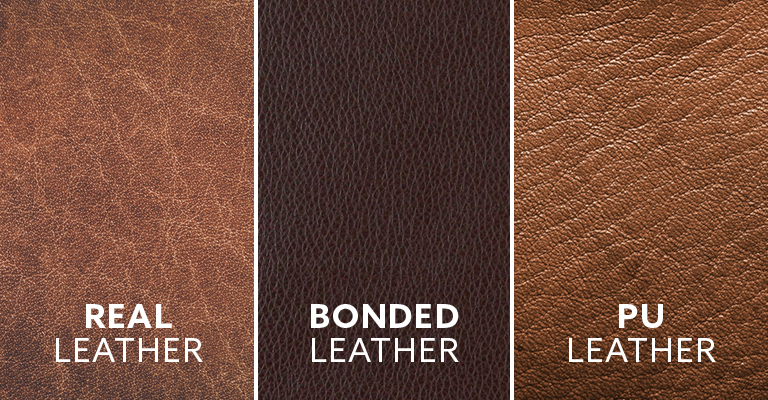


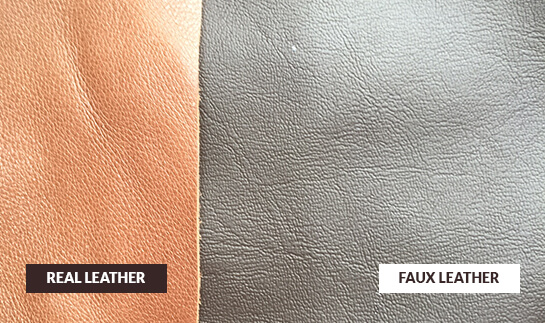
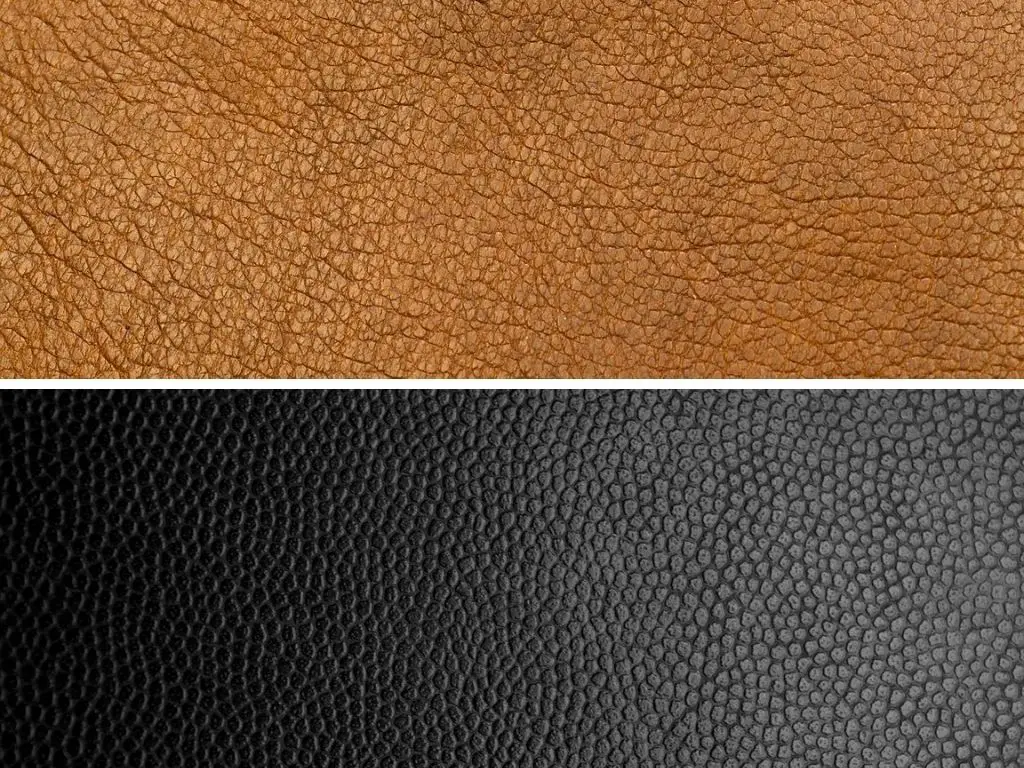
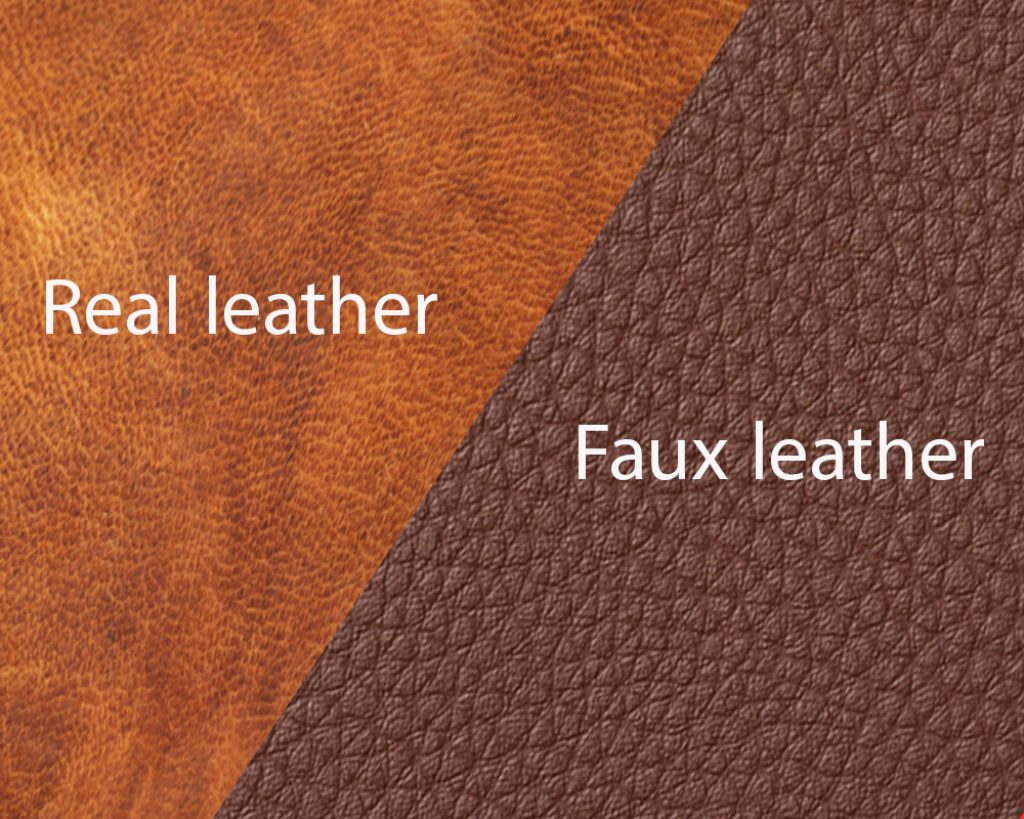
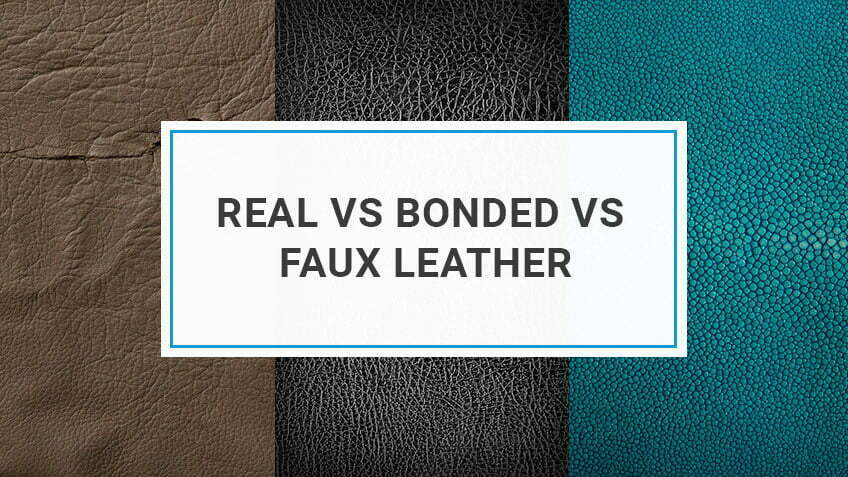

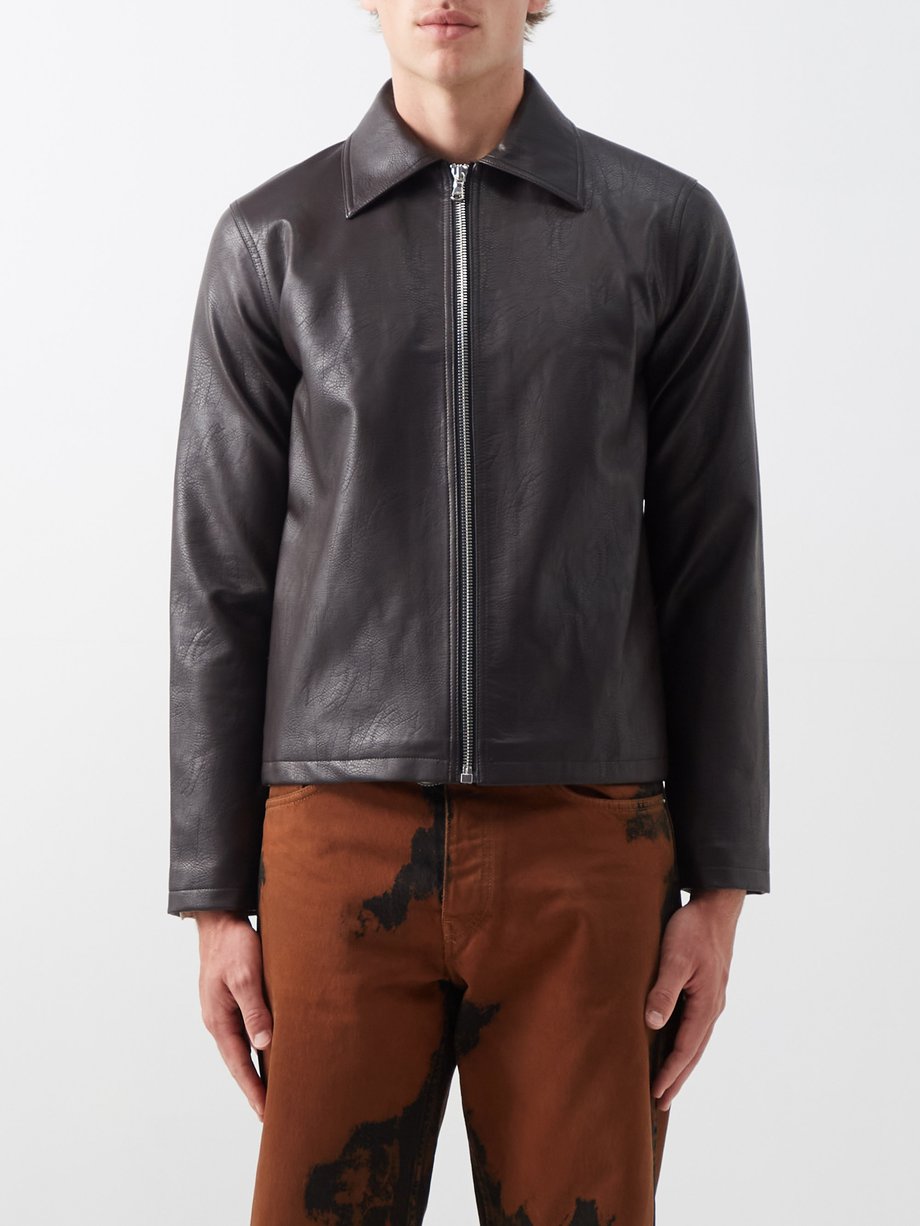

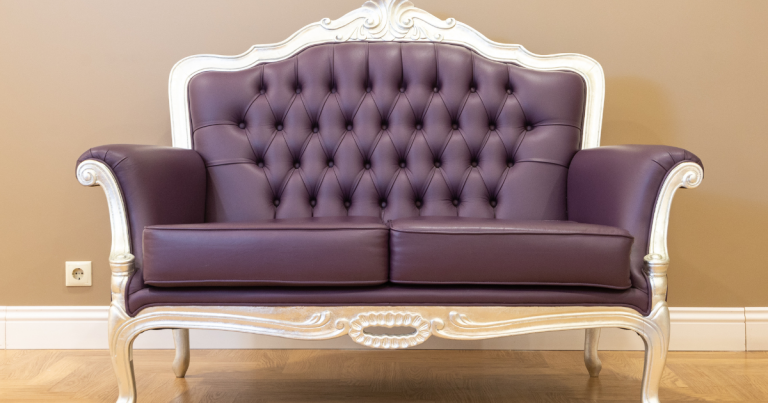


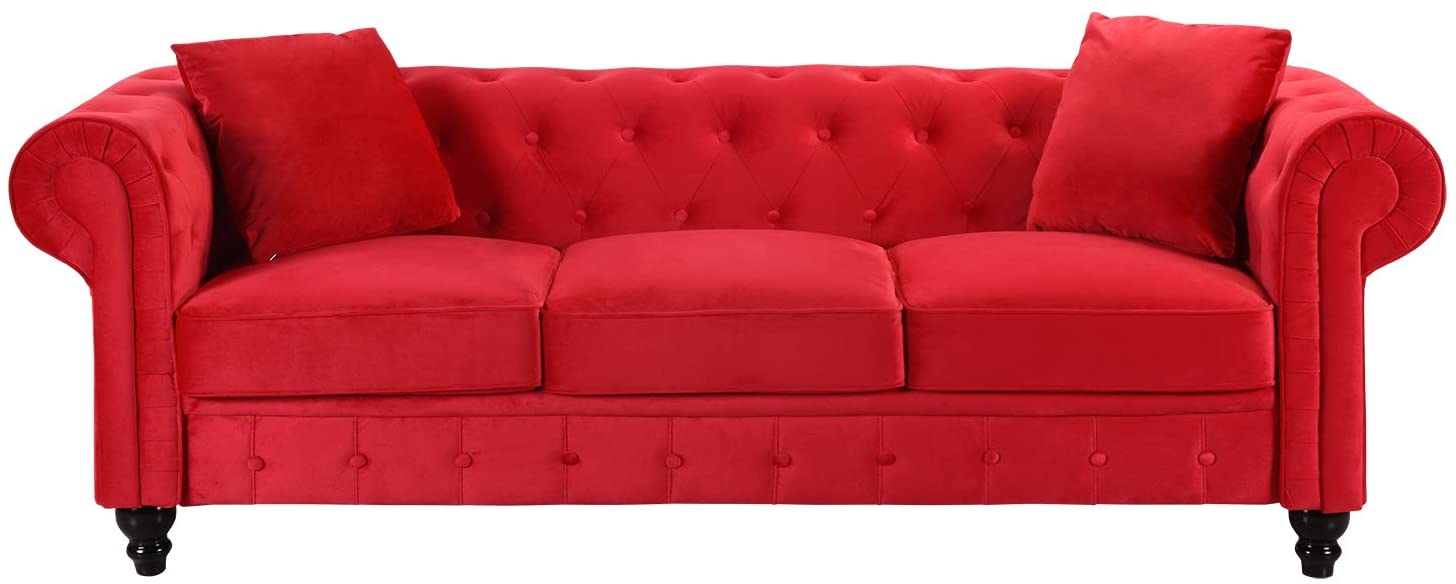


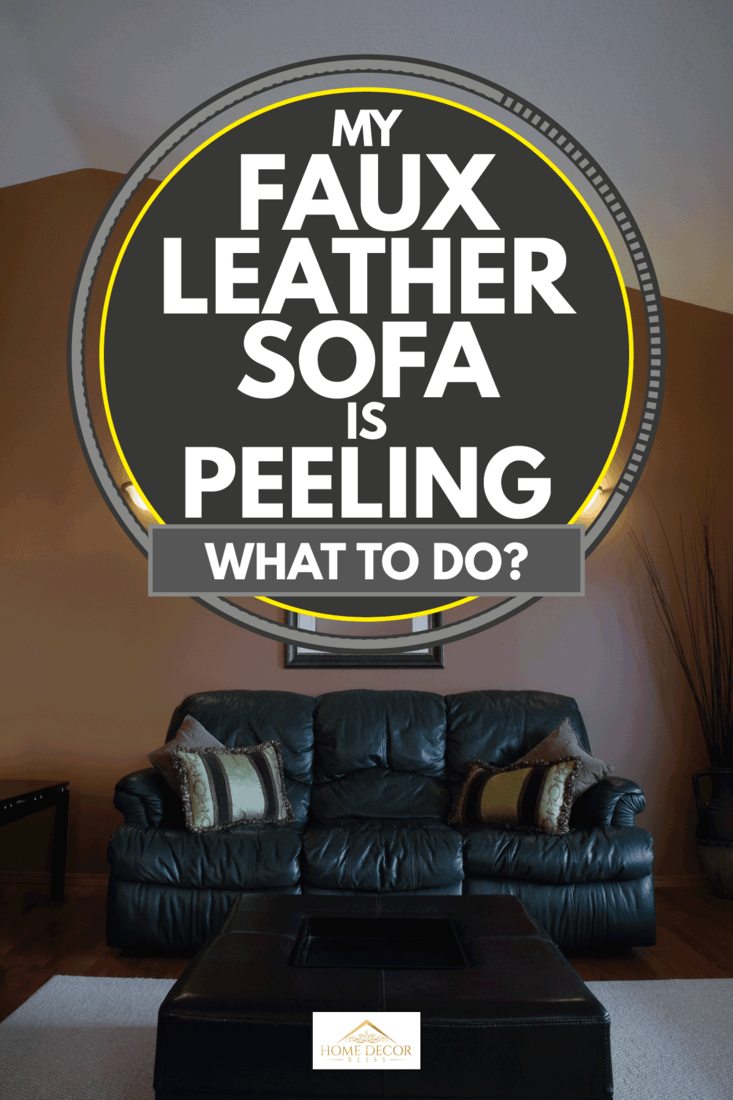


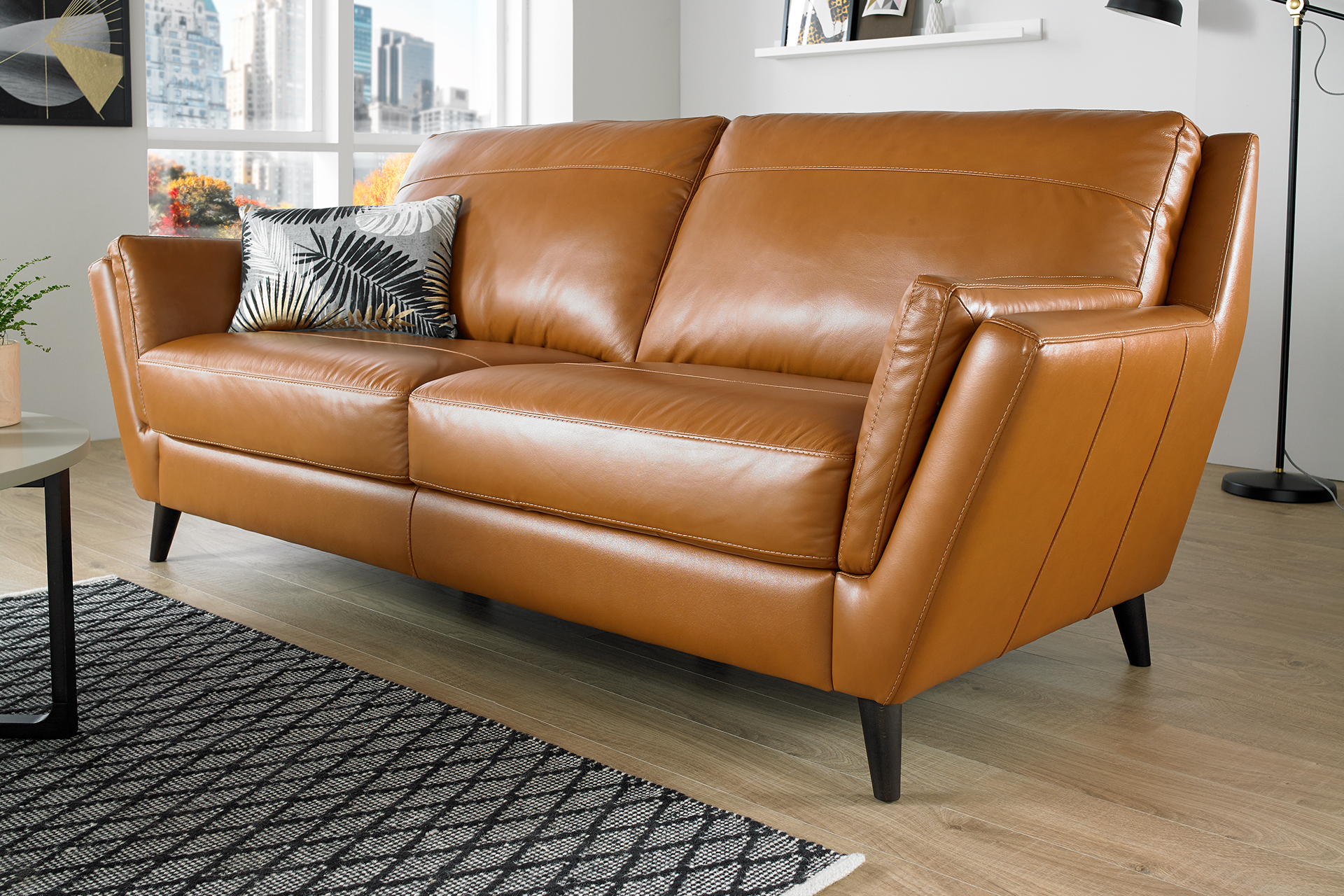
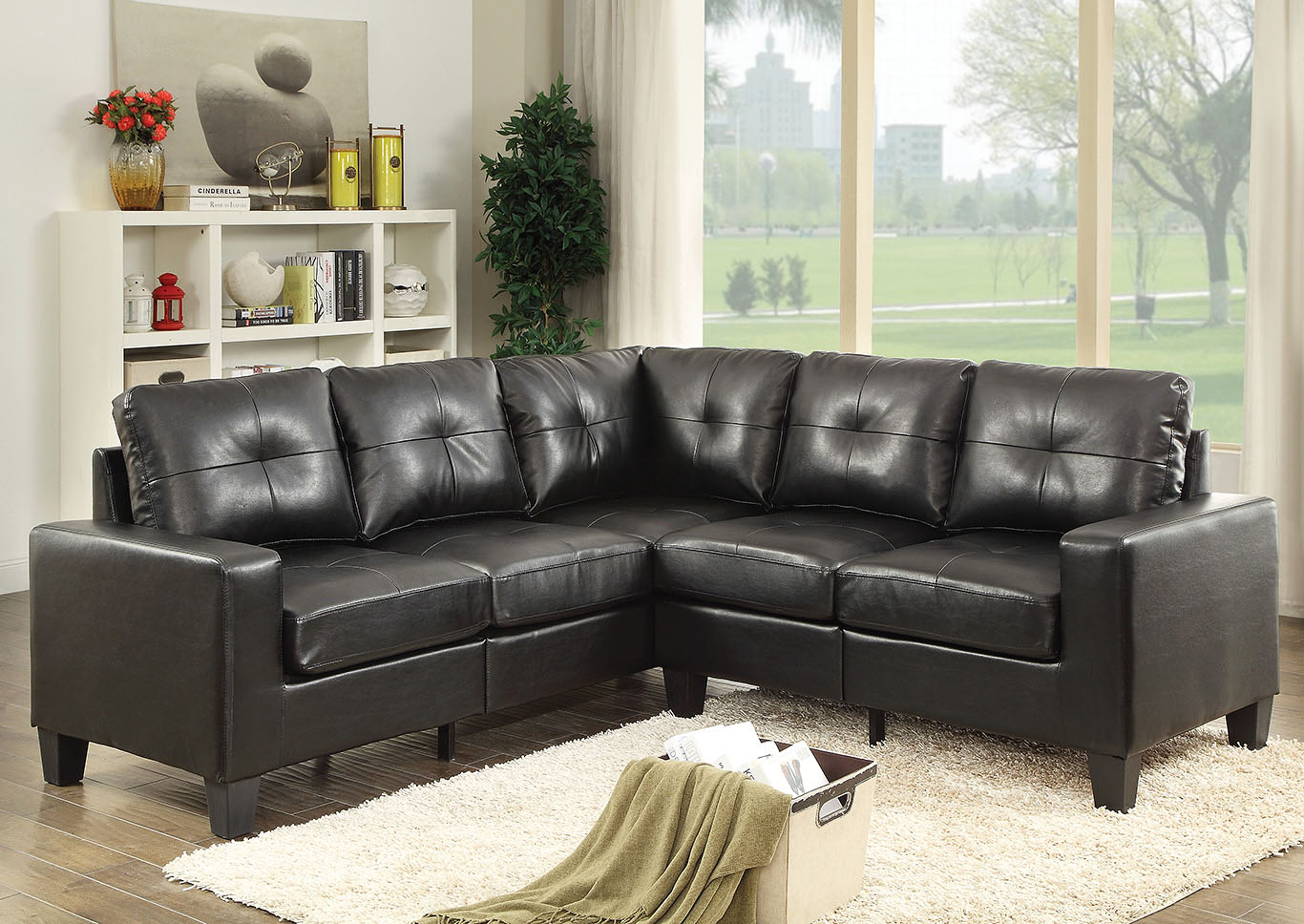
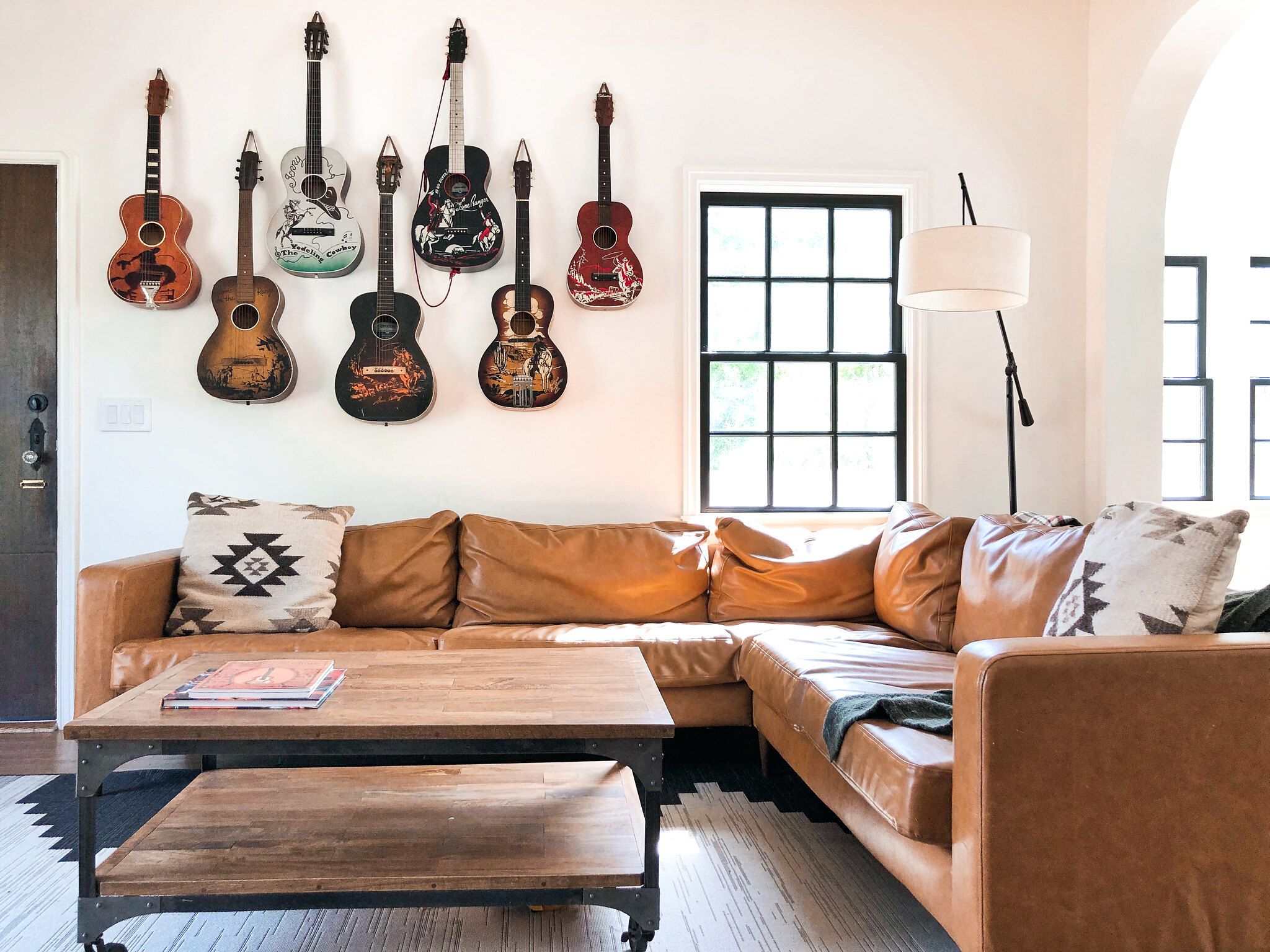







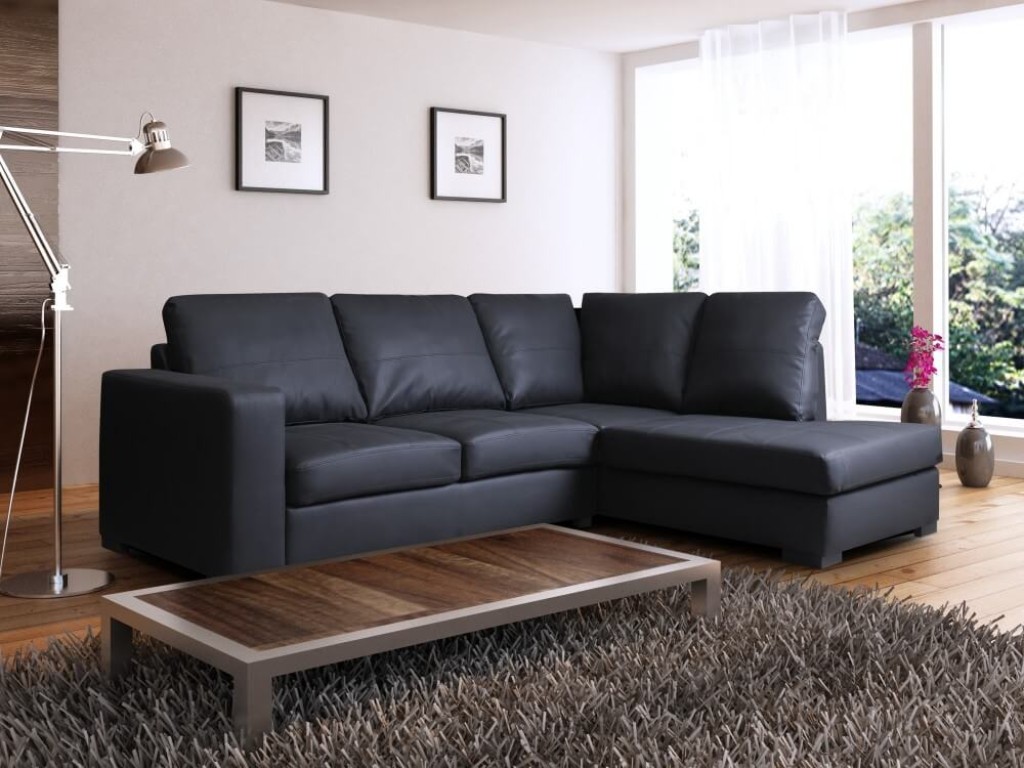

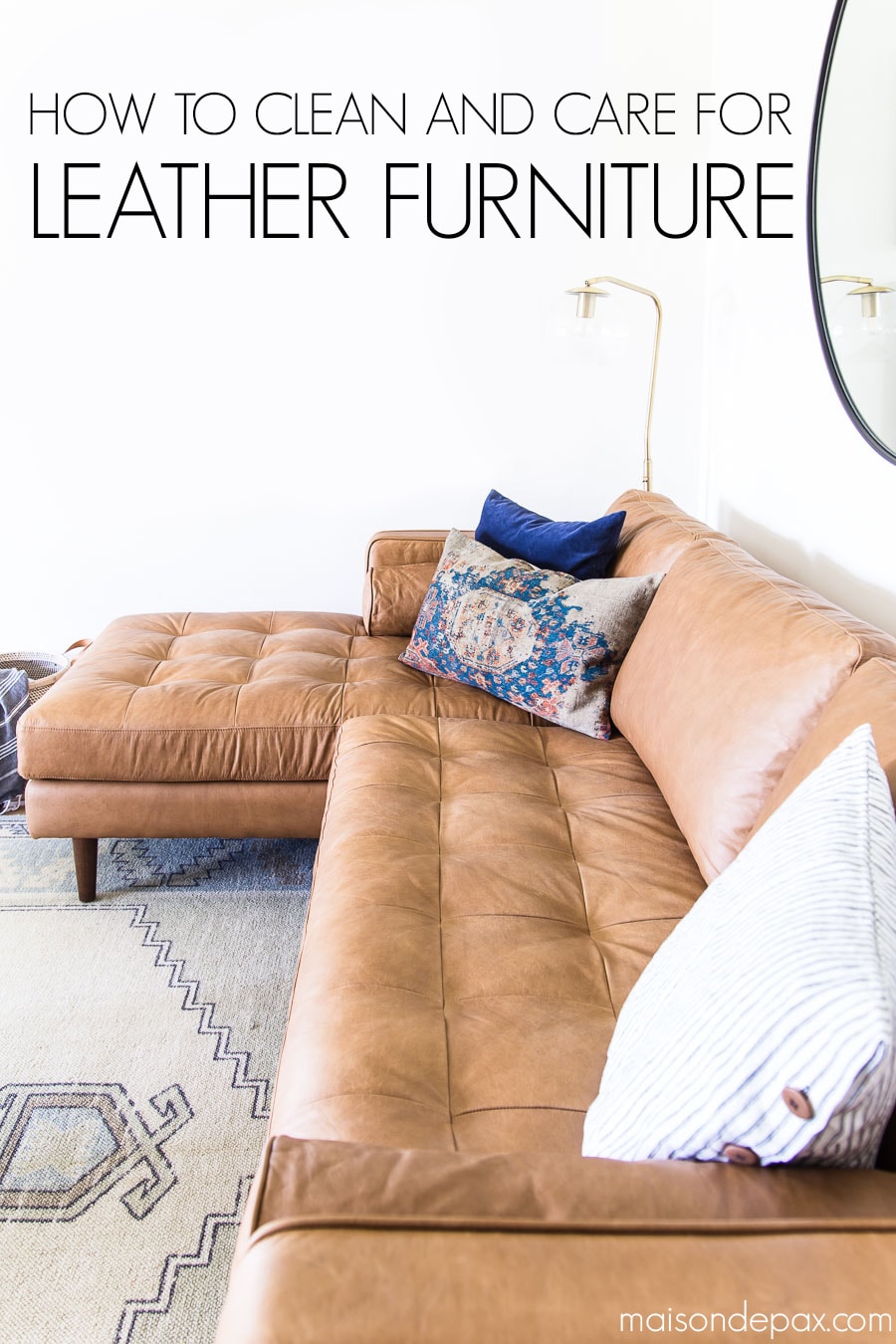
:max_bytes(150000):strip_icc()/sofa-cleaning-162134123-5ad8e97a0e23d900366cca85.jpg)









